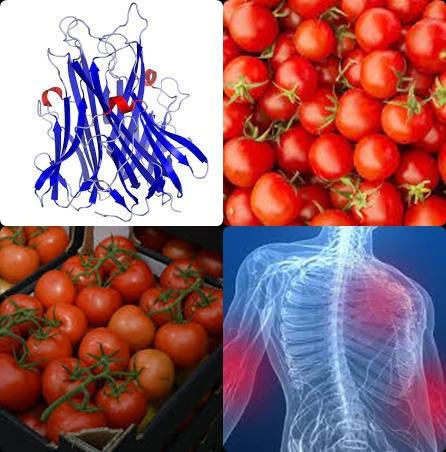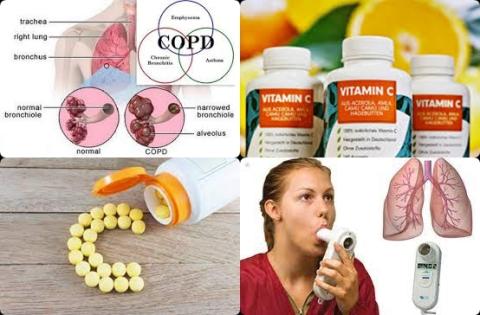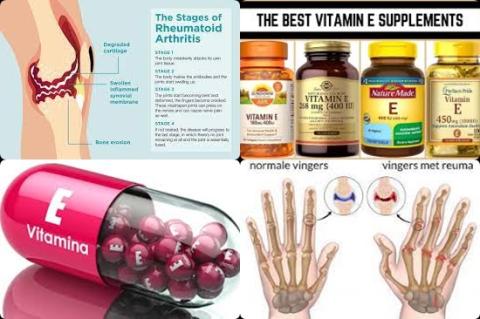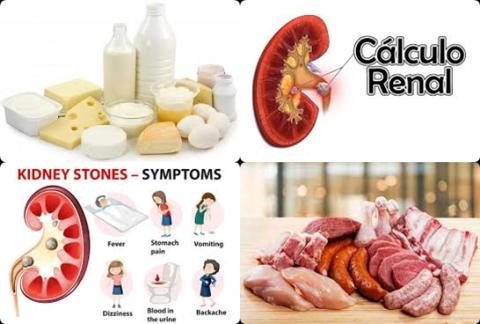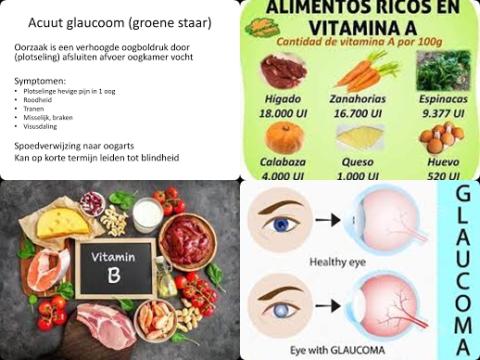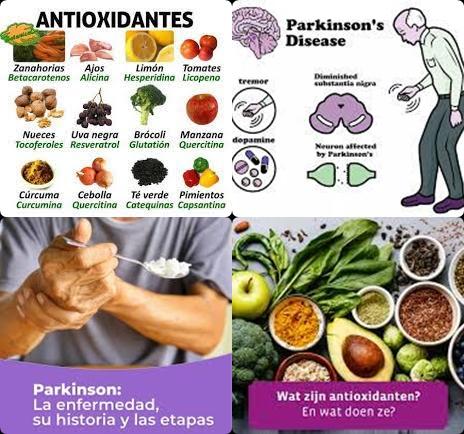Selenium supplementation reduces postpartum depression
Objectives:
The results of human studies are inconsistent regarding selenium and depressive disorders. Therefore, this review article has been conducted.
Does high selenium intake (through diet or supplements) reduce risk of depression?
Study design:
This review article included 20 studies (4 RCTs, 9 cross-sectional studies, 4 case-control studies and 3 prospective cohort studies) with a total of 47,164 participants.
The age of participants ranged from 18.0 ± 1.2 to 82 years old.
12 studies included both men and women.
Confounding variables were adjusted in half of included studies.
All included randomized controlled trials (RCTs) had high quality.
There was no publication bias.
Results and conclusions:
The investigators found no significant differences in serum selenium levels between patients with depression and healthy subjects [WMD = 2.12 mg/L, 95% CI = -0.11 to 4.36, I2 = 98.0%, p 0.001].
The investigators found no significant differences between serum levels of selenium and depression scores [r = -0.12, 95% CI = -0.33 to 0.08, I2 = 73.5%, p = 0.010].
The investigators found high selenium supplementation significantly reduced the risk of postpartum depression with 3% [OR = 0.97, 95% CI = 0.95 to 0.99, I2 = 0.0%, p = 0.507].
The investigators found selenium supplementation significantly reduced depressive symptoms [WMD = -0.37, 95% CI = -0.56 to -0.18, I2 = 0.0%, p = 0.959].
The investigators concluded that high selenium supplementation has a protective role against postpartum depression. In addition, supplementation with selenium reduces depressive symptoms. Nevertheless, further studies are needed to draw definitive conclusions.
Original title:
The role of selenium in depression: a systematic review and meta-analysis of human observational and interventional studies by Sajjadi SS, Foshati S, […], Rouhani H.
Link:
https://www.ncbi.nlm.nih.gov/pmc/articles/PMC8776795/
Additional information of El Mondo:
Find here more information/studies about RCTs/significant and selenum intake.
